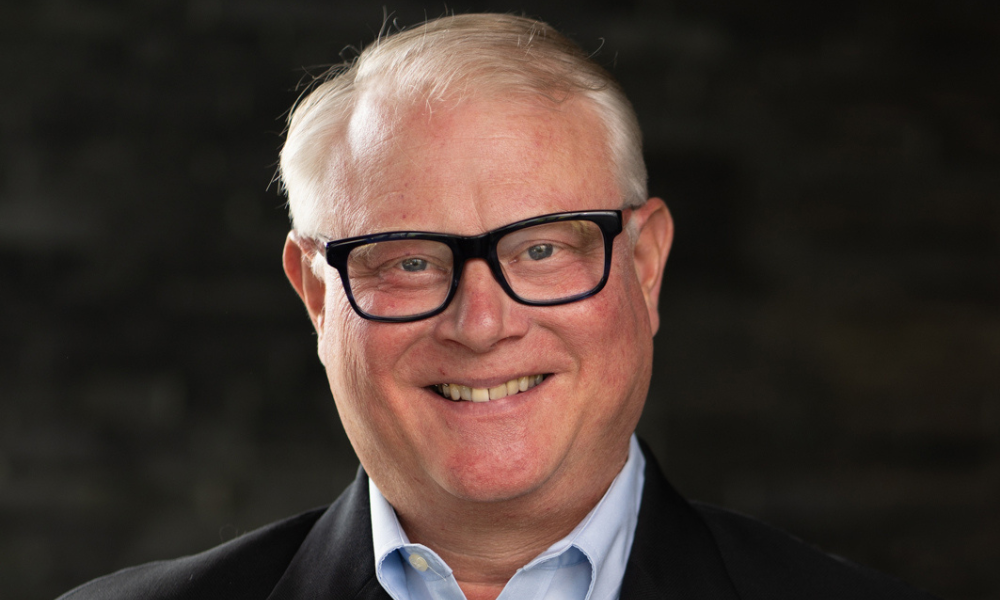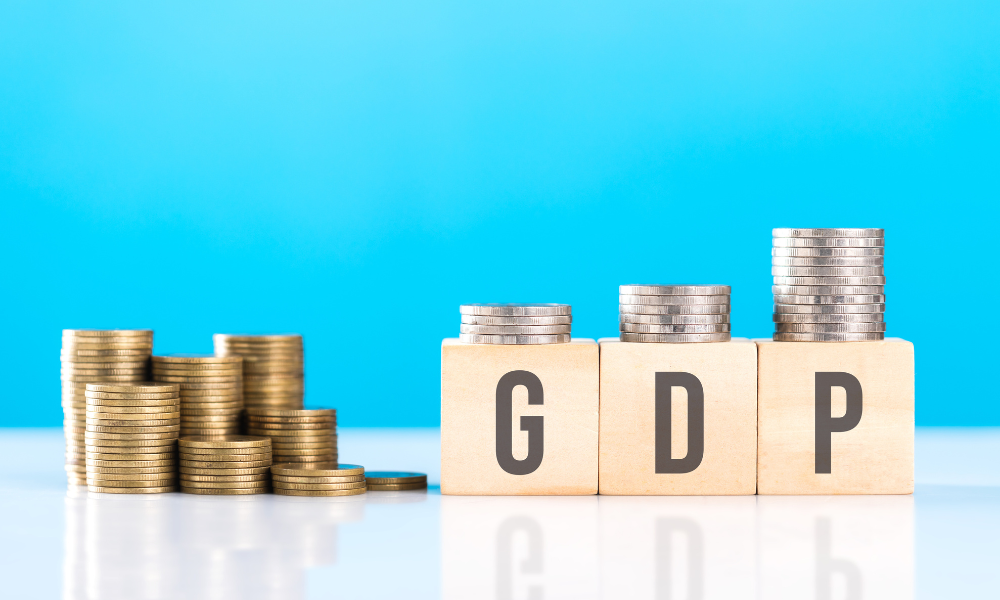Chief Investment Strategist at PH&N outlines the prospects of Donald Trump's proposed 25 per cent tariffs on US and Canadian markets

The power of a post from the right place cannot be overstated. President Elect Donald Trump’s levied threat of 25 per cent tariffs on Canadian goods coming into the United States have sent this country into a frenzy. Finance Minister Chrystia Freeland has resigned, citing the need to be financially prepared for tariffs as one of the reasons behind her decision. The Canadian dollar has fallen significantly in Q4, in part due to central bank policy divergence between the BoC and the Fed, and in part pricing in both the prospect of tariffs and wider economic divergence from our neighbours to the south. Once again, Canada is ending the year reminded of just how important our relationship with the United States is.
Looking ahead to 2025, Tasneem Azim-Khan has offered a view of what the incoming Trump administration might mean for Canadian investors. The Chief Investment Strategist at RBC Phillips Hager & North Investment Counsel Inc. (PH&N) outlined how three core policy areas being emphasized by Donald Trump could impact investors.
“Since the election, markets have reacted with seemingly effusive enthusiasm to the Trump administration, and I think that is largely a function of the idea that the Trump platform stands for deregulation, fiscal spending, and corporate tax cuts. A generally more business-friendly environment,” Azim-Khan says. “But if I think about the key discussion points I’ve been talking over with clients, they revolve around these three tenets of his campaign which are tariffs, fiscal policy, and immigration. I think the big question is: will these policies result in upward inflation pressure next year?”
Azim-Khan’s view is that if Trump’s immigration, spending, and tariff policies are taken at face value then they should place some upward pressure on inflation in both the US and Canada. That said, she believes there are mitigating factors that should allow investors to feel a bit more comfortable. Those factors can largely be found inside the US legislative branch. Despite a Republican sweep of the House and Senate in the 2024 election, Azim-Khan notes that there are players within the Republican party who may push back on some of Trump’s more populist policies. Moreover, she notes that Republican majorities are slim, giving moderates more sway.
Many of those Republicans are stated deficit hawks who may push back on some of Trump’s proposed spending and tax cuts. Azim-Khan notes that in addition to renewing some of the tax cuts implemented in his first administration, Trump seemed ready to propose a raft of new spending measures including military and border security budget increases and greater support for housing and long-term care. There has been less clarity on how he proposed to pay for that spending, beyond citing tariffs as a potential revenue generator and slashes to government spending on environmental regulations and education. Azim-Khan, however, believes that these cuts and tariffs may only partially offset the proposed spending hikes.
Any resurgence in inflation caused by that spending, Azim-Khan says, may not be greeted warmly by bond and equity markets. There is also the risk that an escalation in US deficit spending could cause a revolt by so-called bond vigilantes, who could push yields higher in a statement to policymakers that they have gone far enough.
Tariffs are a key means that Trump hopes will pay for his proposed spending. What’s been stated so far is the prospect of a 25 per cent blanket tariff on all goods coming from Canada and Mexico. Azim-Khan notes that such a high tariff is a meaningful threat to the Canadian economy. They could spark inflation in Canada, too, especially if the government responds to US tariffs with import tariffs of their own. As of now, Azim-Khan says, we are operating in an information void with no clarity on the specifics of these tariffs and if any products might be exempted from them. 25 per cent may just be a negotiating tactic. Those more moderate Republican voices, or the simple political reality that restarting inflation could damage Trump in the polls, might mean that the proposed tariffs don’t end up as damaging as some now expect.
Immigration, too, is an area where Azim-Khan sees bellicose rhetoric possibly running into a more moderate reality. While curbs to US immigration are coming, she says it’s less likely that we see the mass deportations Trump campaigned on. Moreover, immigration curbs in a tight labour market might also spark wage inflation, which could be more damaging politically and serve to shrink the tax base in an otherwise aging population.
Amidst this backdrop, Azim-Khan sees opportunity now on the bond market given yields are still quite high against a backdrop of falling interest rates. The total return prospects, she says, are now fairly attractive. Looking at equities Azim-Khan also sees opportunity for steady compounded returns, but remains a bit hesitant around the valuation in the US market given the highs the S&P 500 has hit in the past year. Widening breadth of performance, though, could offset some of those concentrated stock valuations.
Despite more attractive valuations in Canadian equities, Azim-Khan says this could be a reflection of the softer economic backdrop for Canada than the US. Private markets are an area of growing assets among institutional and ultra-high net worth investors, and offer a source of diversification and non-correlated returns for portfolios. Given the preponderance of private market managers and a wide range of returns historically, Azim-Khan believes alternative products need to be closely vetted.
As investors look at the looming Trump administration, with all its bluster and noise, Azim-Khan says there is value in remaining focused on investment first principles and the likelihood of somewhat cooler heads prevailing.
“We all know that what Trump says tends to create waves in social media and the media generally,” Azim-Khan says. “But I think ultimately, there's reason to believe that, overall, we may actually see more of a watered down version of those policies when he is in the seat of the presidency.”



